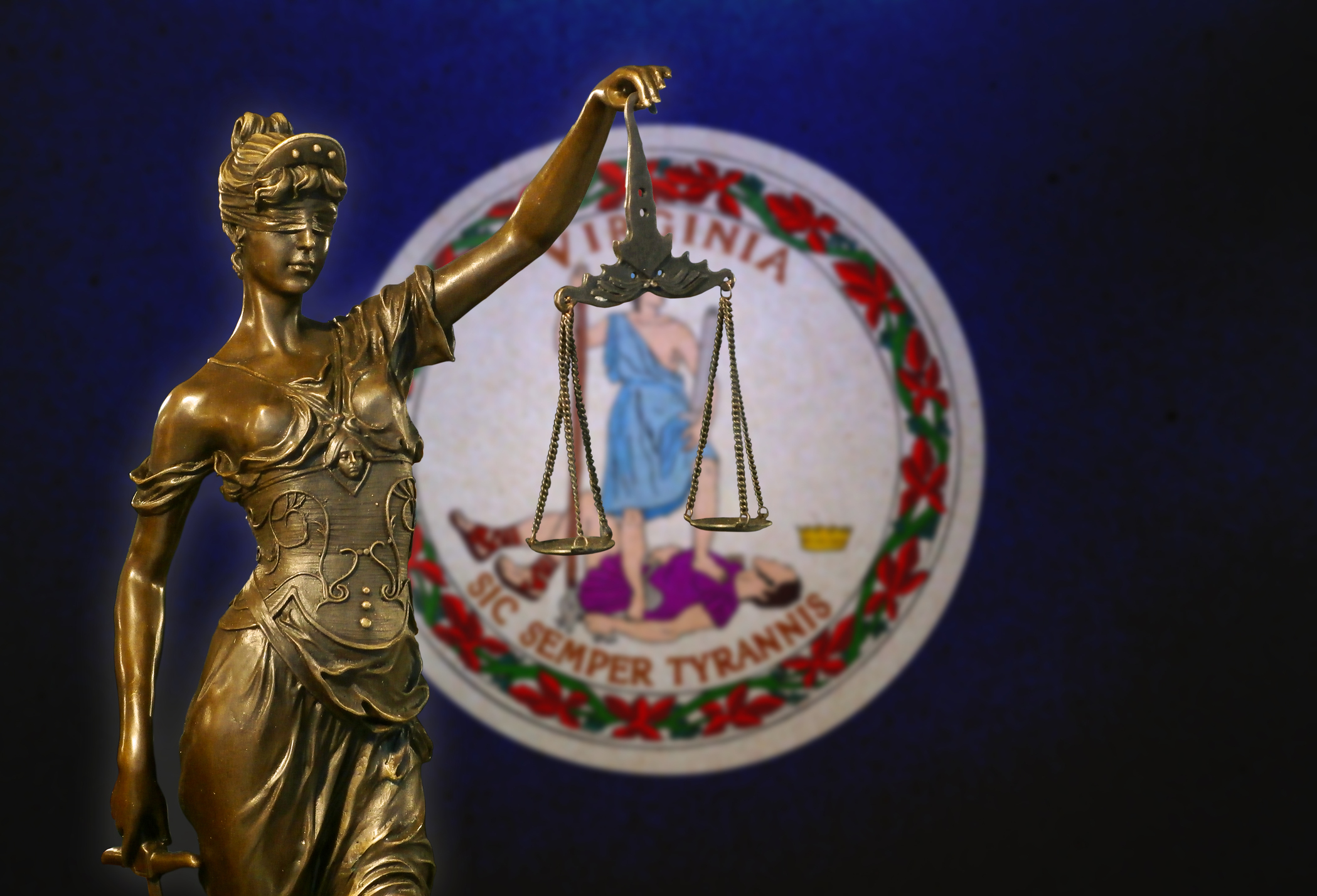Erik Siebert, the U.S. Attorney for the Eastern District of Virginia, resigned from his position following mounting pressure from President Donald Trump regarding his handling of an investigation into New York Attorney General Letitia James. Siebert, who was nominated by Trump in May 2023 but had not yet received Senate confirmation, was overseeing allegations that James committed mortgage fraud by falsifying records to obtain favorable loan terms.
The investigation had been initiated based on claims made by William Pulte, Director of the Federal Housing Finance Agency. Pulte alleged that James misrepresented her financial records. Trump’s dissatisfaction with Siebert’s performance became public when he stated, “He didn’t quit, I fired him!” This remark underscored the contentious relationship between the President and his appointed attorney.
Trump criticized Siebert for receiving support from Democratic Senators Tim Kaine and Mark Warner during his nomination process. He suggested this connection indicated a lack of impartiality. Moreover, Trump expressed frustration that Siebert reportedly declined to pursue criminal charges against James despite findings from the investigation, asserting that there was insufficient evidence to support a case.
In his resignation email, Siebert expressed gratitude to his colleagues for their dedication and professionalism, reaffirming his commitment to justice. The Eastern District of Virginia has not provided additional comments regarding his resignation.
James has vehemently denied the allegations against her, characterizing the investigation as politically motivated. She argues that it is an attempt at retaliation linked to her ongoing civil fraud case against Trump, which seeks damages for alleged financial misconduct.
Legal and political analysts are raising concerns about the implications of Siebert’s resignation on the independence of the Justice Department. Critics argue that the pressure placed on Siebert to pursue a case without sufficient evidence reflects a troubling trend of using government authority to target political opponents. They highlight the ongoing tension between law enforcement and political agendas in high-profile investigations.
The situation underscores the critical balance that must be maintained to ensure that investigations remain free from political influence, a principle that is vital for maintaining public trust in the justice system. As the political climate continues to evolve, the implications of this resignation may resonate within the broader context of U.S. law enforcement and political interactions.



































































